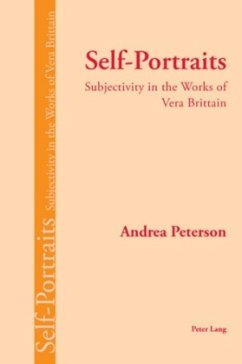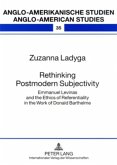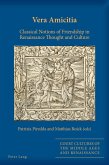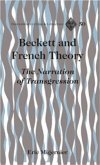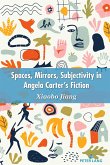In 1915 Vera Brittain began to wonder whether it was possible to 'make a book out of the very essence of one's self'. In this study, the author moves away from Brittain's already well-documented political passions - socialism, feminism and pacifism - to discuss her enduring fascination with philosophy and the problems surrounding the literary representation of subjectivity. Using the psychoanalytical, philosophical and literary theories known to Brittain as well as some more recent and pertinent theoretical developments, the author examines not only Brittain's explicitly autobiographical writings, but also all of her published novels, The Dark Tide (1923), Not Without Honour (1924), Honourable Estate (1936), Account Rendered (1945) and Born 1925 (1948). This insightful and accessible book details Brittain's innovative writing methods and re-evaluates her contribution to the development of the novel during the early twentieth century. The author offers a new and interesting perspective on one of the most popular writers of the First World War.

